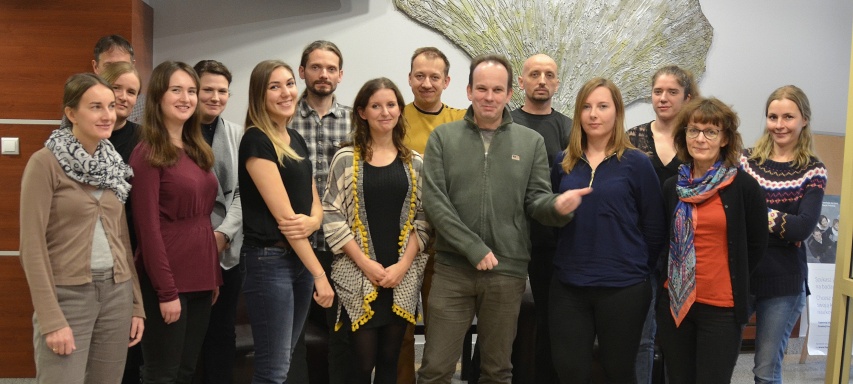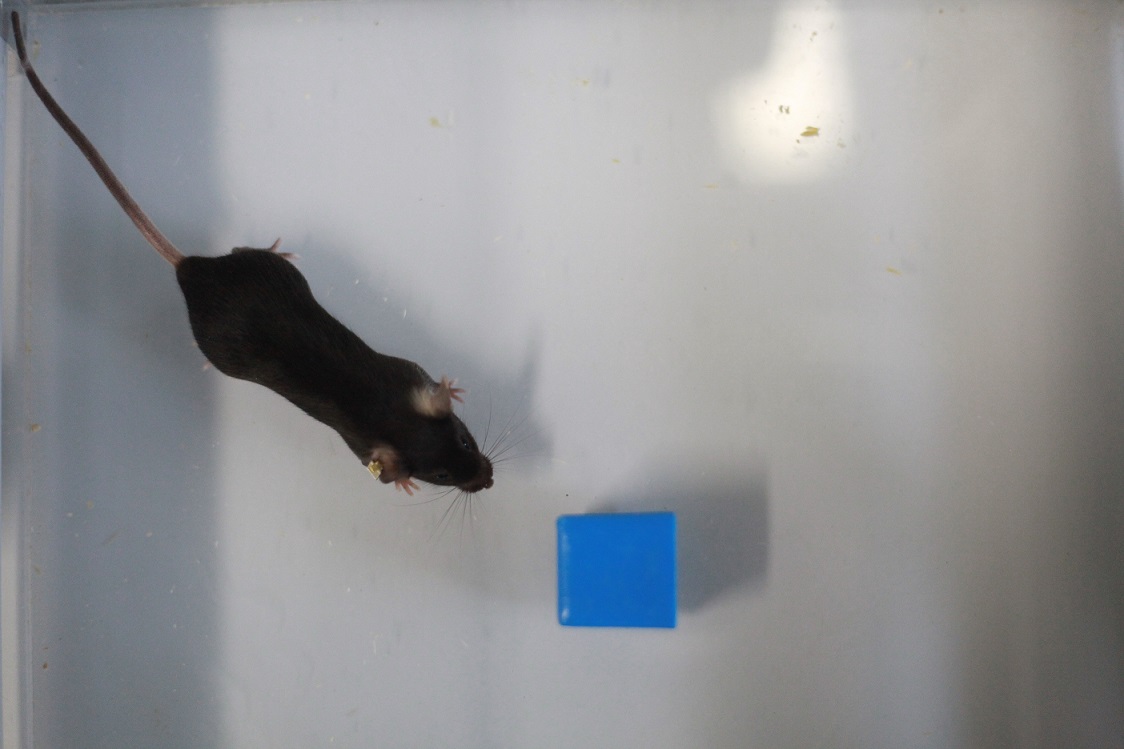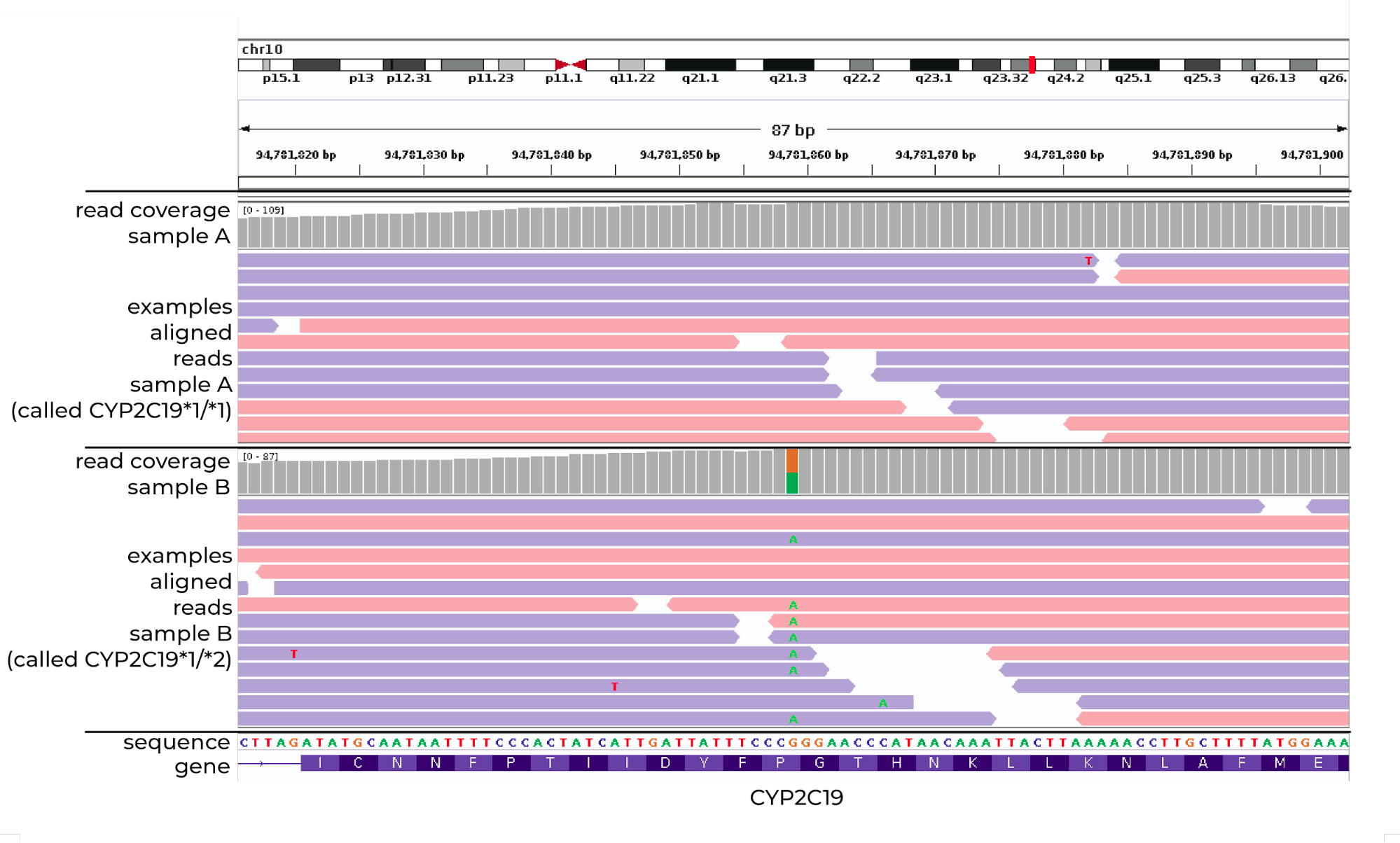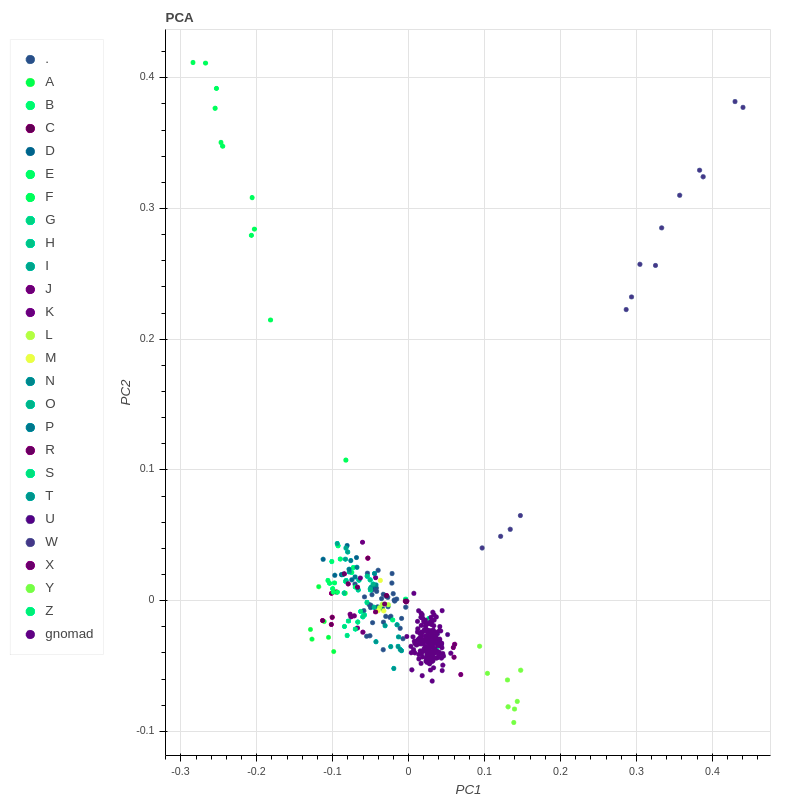Department of Molecular Neuropharmacology

Scientific profile
- About department
- Employees
- Laboratories
Our research focuses on three areas: the reward system of the brain, the molecular mechanisms of drug action, and neuro-pharmacogenomics.
The reward system of the brain encompasses all brain areas involved in reward-driven behaviors, with the mesolimbic dopamine system at the core. We have been studying the mechanisms involved in the plasticity of dopaminergic and dopaminoceptive neurons, and also the role of endogenous opioids in signaling rewards.
As the name of the Department implies a large part of our research focuses on the cellular and the molecular mechanisms of actions of psychotropic drugs, also with an emphasis on opioids. We hope that elucidating molecular signatures of drug action will lead to the identification of mechanisms essential for their therapeutic effects.
In recent years we have also been involved in neuro-pharmacogenomics, searching for associations between genetic background, neuropsychiatric disorders, and the effectiveness of pharmacotherapy. We use next-generation sequencing to discover novel common as well as rare genetic variants associated with drug effectiveness and safety. This is of particular interest in psychiatry due to large interindividual differences in therapy responses.




Professor Jan Manuel Rodriguez Parkitna, dr hab.
Head
Employees
Professor Ryszard Przewłocki, dr hab.
Michał Korostyński, dr hab.
Marcin Piechota, dr
Ganna Shayakhmetova, dr
Małgorzata Borczyk, dr
Sławomir Gołda, dr
Zofia Harda, dr
Alla Voronina, dr
Barbara Ziółkowska, dr hab.
Łukasz Szumiec, mgr
Lidia Radwan, mgr
Jacek Hajto, mgr
Klaudia Misiołek, mgr
Magdalena Ziemiańska, mgr
Mateusz Zięba, mgr
Employees
Michał Korostyński, dr hab.
Marcin Piechota, dr
Małgorzata Borczyk, dr
Jacek Hajto, mgr
Mateusz Zięba, mgr
Achievements
- Publications
- Grants
- Awards
Grant
The developmental changes in the endogenous opioid system associated with altered sensitivity to reward during adolescence
Klaudia Misiołek, MSc
Grant
Kappa opioid receptors integrate neuronal signaling involved in social behavior
Professor Jan Manuel Rodriguez Parkitna, PhD
Award
The Jerzy Konorski Team Award for the best study in neurobiology conducted in Poland awarded every year by the Polish Neuroscience Society and Committee of Neurobiology of the Polish Academy of Sciences
Professor Jan Manuel Rodriguez Parkitna, PhD
GABA-A receptor genes do not play a role in genetics of Lesch's typology in Caucasian subjects.
Grzywacz A, Małecka I, Korostyński M, Przewłocki R, Bieńkowski P, Samochowiec J
DOI: 10.5114/aoms.2012.28565
Common transcriptional effects in the mouse striatum following chronic treatment with heroin and methamphetamine.
Piechota M, Korostynski M, Sikora M, Golda S, Dzbek J, Przewlocki R
DOI: 10.1111/j.1601-183x.2012.00777.x
Effects of morphine on immediate-early gene expression in the striatum of C57BL/6J and DBA/2J mice.
Ziółkowska B, Korostyński M, Piechota M, Kubik J, Przewłocki R
DOI: 10.1016/s1734-1140(12)70906-4
Endurance training decreases the non-linearity in the oxygen uptake-power output relationship in humans.
Majerczak J, Korostynski M, Nieckarz Z, Szkutnik Z, Duda K, Zoladz JA
DOI: 10.1113/expphysiol.2011.062992
Cocaine enhances ST8SiaII mRNA expression and neural cell adhesion molecule polysialylation in the rat medial prefrontal cortex.
Maćkowiak M, Mordalska P, Dudys D, Korostyński M, Bator E, Wedzony K
DOI: 10.1016/j.neuroscience.2011.04.030
Neuropsin cleaves EphB2 in the amygdala to control anxiety.
Attwood BK, Bourgognon JM, Patel S, Mucha M, Schiavon E, Skrzypiec AE, Young KW, Shiosaka S, Korostynski M, Piechota M, Przewlocki R, Pawlak R
DOI: 10.1038/nature09938
New operant model of reinstatement of food-seeking behavior in mice.
Martín-García E, Burokas A, Kostrzewa E, Gieryk A, Korostynski M, Ziolkowska B, Przewlocka B, Przewlocki R, Maldonado R
DOI: 10.1007/s00213-010-2110-6
The effect of botulinum neurotoxin A on sciatic nerve injury-induced neuroimmunological changes in rat dorsal root ganglia and spinal cord.
Mika J, Rojewska E, Makuch W, Korostynski M, Luvisetto S, Marinelli S, Pavone F, Przewlocka B
DOI: 10.1016/j.neuroscience.2010.11.040
Identification of cis-regulatory elements in the mammalian genome: the cREMaG database.
Piechota M, Korostynski M, Przewlocki R
DOI: 10.1371/journal.pone.0012465